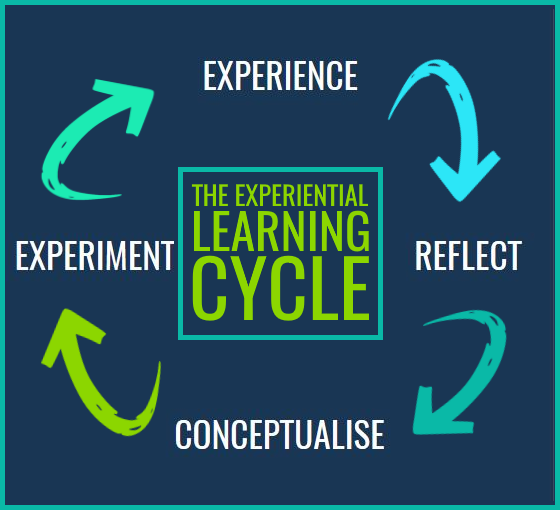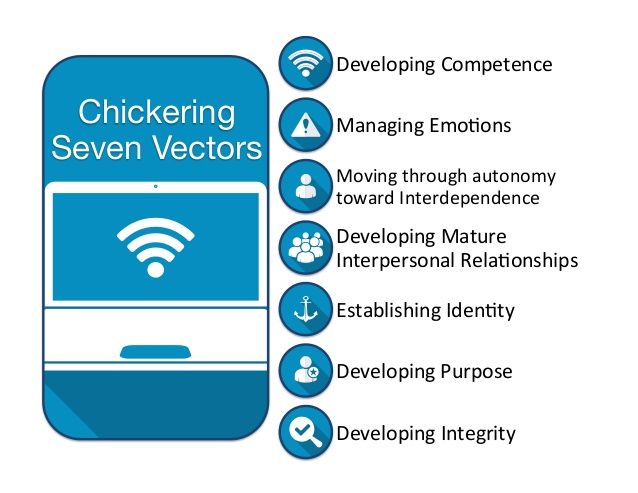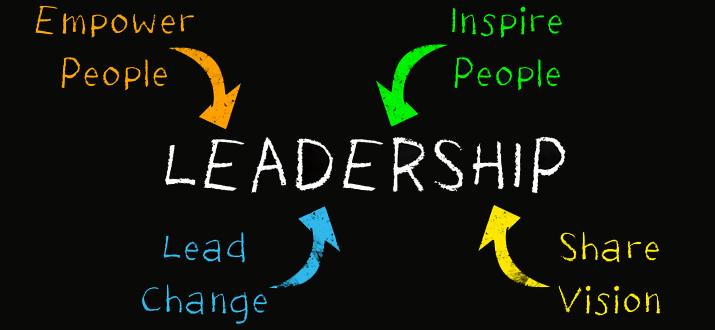Pedagogies : Experiential learning
Pedagogies is a method and practice of teaching, especially in regards to an academic subject. It focuses on what educators can do to cultivate a powerful learning environment for their students.

A great example of a type of Pedagogies is Experiential Learning. Experiential learning is learning through practice and experience. It entails learning techniques such as practical and internships, adventure education, and active learning. During my Undergraduate experience, I, unfortunately, did not have any type of experiential learning. All institutions should find a way to incorporate experiential learning into the curriculum. It is a great way to prepare students for the field they intend to work in. Experiential learning is a process through which students develop knowledge, skills, and values from direct experiences outside a traditional academic setting. It can encompass a variety of activities such as internships, service learning, undergraduate research, study abroad, and other creative and professional work experiences. “ The concept of experiential learning is based on the idea that learning is best conceived as a holistic process that results from students testing their knowledge and adapting it to their environments; it is only then that students will have internalized their learning, learning by doing environments engage students both intellectually and emotionally” (Knomives, Dugan, Own, Slack and Wagner, 2011, p. 310).

In order for students to receive the best benefits from experiential learning, it must incorporate opportunities for students to be able to take initiative, make decisions, and be accountable for the results. It must also give students the opportunity to engage intellectually, creatively, emotionally, socially or physically. Experiential learning will allow students to learn from natural consequences, mistakes, and success and be able to reflect on their experience. “Well-planned supervised and assessed experiential learning programs can stimulate academic inquiry by promoting interdisciplinary learning, civic engagement, career development, cultural awareness, leadership, and other professional and intellectual skills” (http://www.ucdenver.edu/).
Take a look at Albertus Magnus annual Experiential day which gives students the chance to showcase what they have accomplished in their curricular and co-curricular activities: http://www.albertus.edu/academicservices/experiential-learning/
Also, take a quick look at this short video on Experiential learning:
As student affairs professional how will you make sure to incorporate Experiential learning across all learning channels?
References
Knomives, S. R., Dugan, J. P., Own, J. O., Slack, C., & Wagner, W. (2011). The handbook for student leadership development. San Francisco, CA: John Wiley & Sons, Inc
http://www.albertus.edu/academicservices/experiential-learning/



